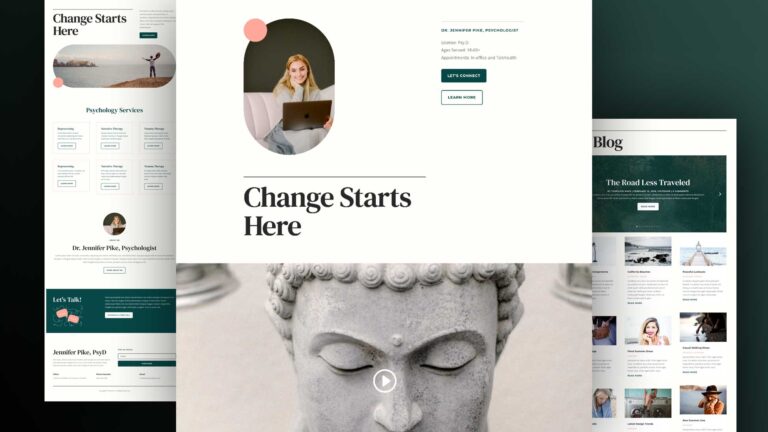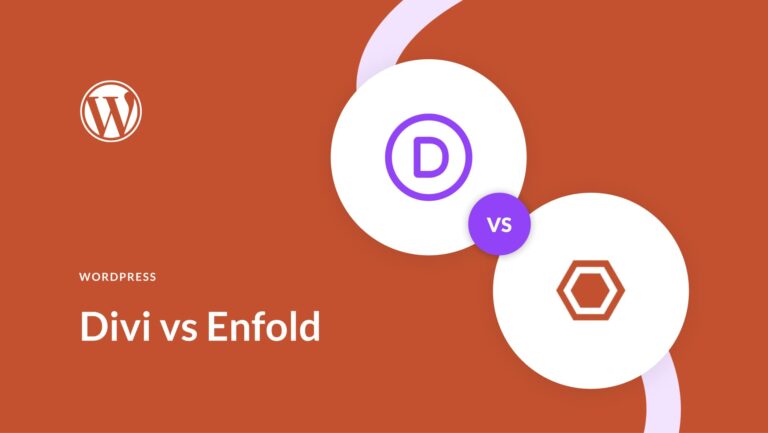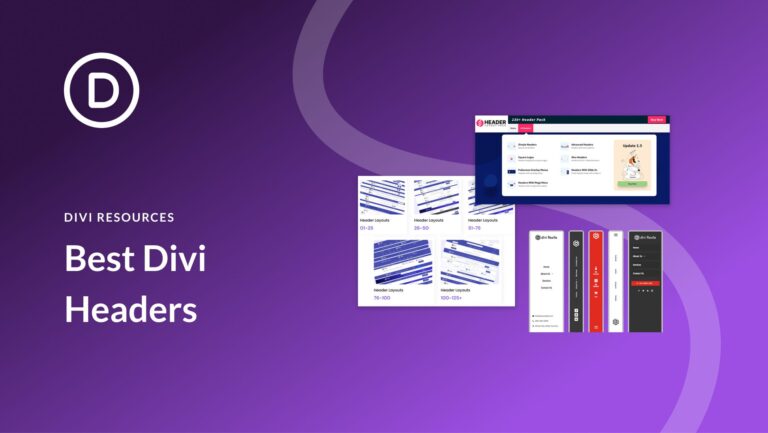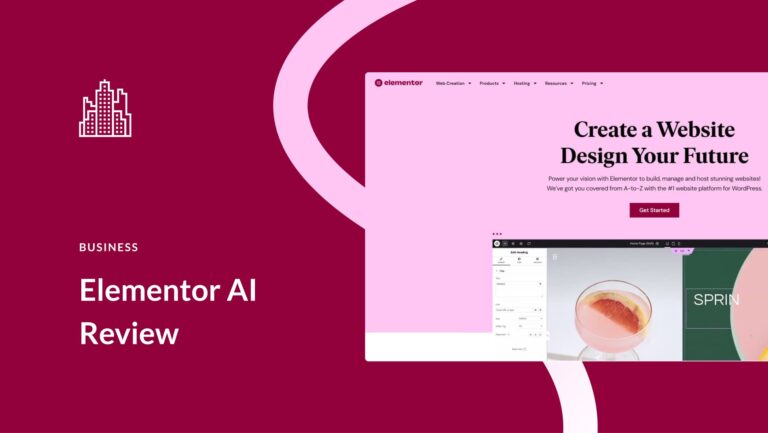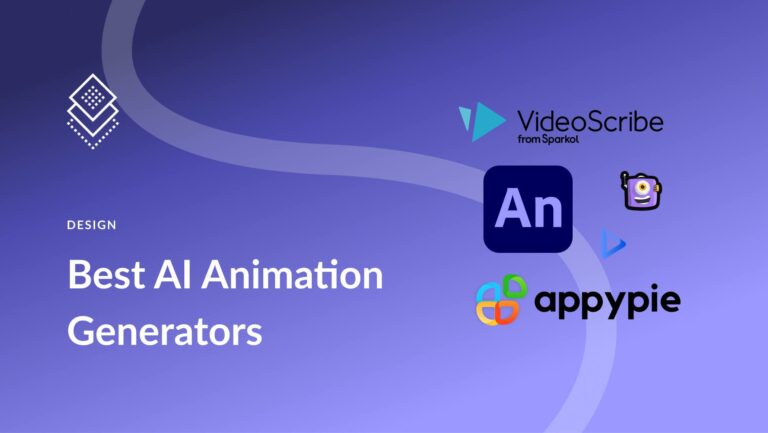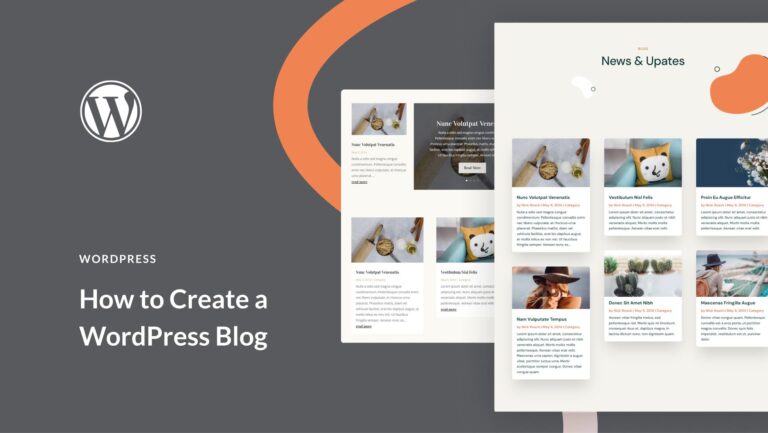WordPress: Balancing Commercialization and Democratization
WordPress, a content management system (CMS), has managed to strike a delicate balance between its mission to democratize publishing and its role as a tool for making money. Originally designed as a blogging platform, WordPress has evolved into a platform that allows freelancers, agencies, and DIY users to build commercial websites. It has also created an ecosystem where developers can create themes and plugins.
This seemingly contradictory mix has coexisted for over 20 years, thanks to the nature of free, open-source software. WordPress has become the operating system for the open web, providing a foundation for content creators and site builders. It is free, widely supported, and highly customizable, allowing users to publish their thoughts or build commercial websites.
However, maintaining this balance is not without its challenges. WordPress must remain attractive to both bloggers and small organizations who rely on its flexibility and developers who want a powerful tool for growth. Features like the Block Editor have sparked debates among theme and plugin developers, as well as everyday users concerned about the impact on their existing websites.
To continue serving both worlds effectively, WordPress has focused on improving ease of use and enhancing its default install with tools like the Site Editor. A more user-friendly WordPress will attract more users, while also creating opportunities for commercial growth through block-based plugins and themes.
However, there are potential risks that could disrupt this delicate balance. A change in project leadership or the influence of sponsor companies could push WordPress in a more commercial direction, potentially harming its reputation as an open-source platform. Stewardship and maintaining balance will be crucial for the project’s future success.
Despite these challenges, WordPress remains a unique platform that allows users to do good and make money. It provides a voice for individuals and facilitates free speech without being beholden to profit or shareholders. As costs and barriers continue to rise in the digital world, WordPress stands as a free software that only requires an idea and a copy of the platform to get started.
In conclusion, WordPress has successfully managed to balance commercialization and democratization, providing a powerful tool for both content creators and commercial users. By continuing to focus on ease of use and maintaining a diverse user base, WordPress can ensure its future success as the operating system for the open web.

